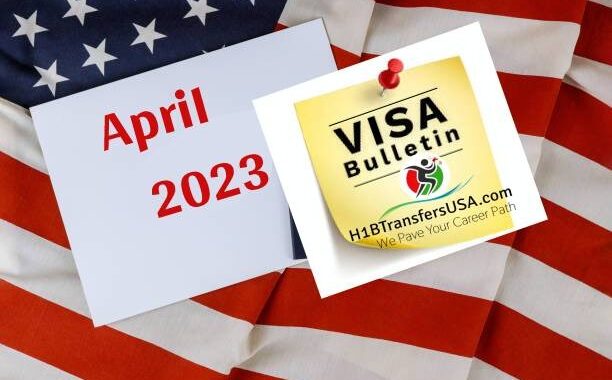I-94 vs. Visa Expiration Date: How Long Can I Stay In the United States?
3 min read
Numerous individuals frequently get confused about which date controls their ability to remain legally in the United States. Our customers regularly ask what the difference between a visa expiration date or an I-94 expiration date? Which one controls my ability to stay in the United States?
It is important to differentiate and understand which date permits you to maintain a legal presence in the U.S. The most exceedingly terrible thing you can do is outstay and start gathering unlawful presence.
I-94 Expiration Date
Generally, the I-94 is what governs the time in which you are permitted to stay legitimately inside the United States. You are given this upon each entry into the United States on a non-immigrant visa. Now, recently they moved to not giving the little white cards. Instead, you need to go online with your passport information to discover the date. Usually, 1-94 controls the time period you are permitted in the United States. We state “usually” because there can be instances where it doesn’t control your stay, which we will clarify later in this article.
Visa Expiration Date
The visa is the actual document you’re given that permits you to introduce yourself at a port of entry or an airport and look for admission into the United States. However, you need to remember that just because your visa expiration date is far later on doesn’t imply that it is the date or time you’re permitted to have status inside the United States. A classic example of this is a tourist visa. Most tourist visas are allowed for ten years.
In any case, that doesn’t mean you’re permitted to stay inside the United States for ten years. It implies that you can introduce yourself at an airport or port of entry for the following ten years and ask for entrance to the United States under the status. If they permit you entry, they will give you an I-94, and the date on there will decide how long you can stay in the United States. Also, you need to remember that they can deny you entry, even though you have a visa.
USCIS Approval Notice
Anyone inside the United States must-have status. You can’t have status outside the United States. Now and then individuals look to change or extend their status from inside the United States by filing a petition. In that case, you may have a special circumstance where if your new petition for change of status is endorsed, at that point that date controls your legal presence. Not your I-94.
Similarly, you can have the reverse scenario where you have an approved petition approval notice for a faraway date. But when you leave the nation, returned for various reasons. It could be something called reciprocity. The officials at the port of entry give you less time on your I-94 to be in the United States than the time you have in your petition notice. Which one of those two control?
Here’s a general rule that you can always pretty much take to the bank.
The document that controls your status is the one most recently issued.
If there’s a conflict between documents, whether the I-94, then your petition approval notice, you go with the one that was most recently given.
[Employer-Sponsored Visas See Higher Denial Rates Internationally]
The most harmful thing you can do is outstay your permission and start gathering unlawful presence, which might potentially block you from getting visas later on. What’s more, far more atrocious, you could have a bar of up to 3 or 10 years if you overstay.






